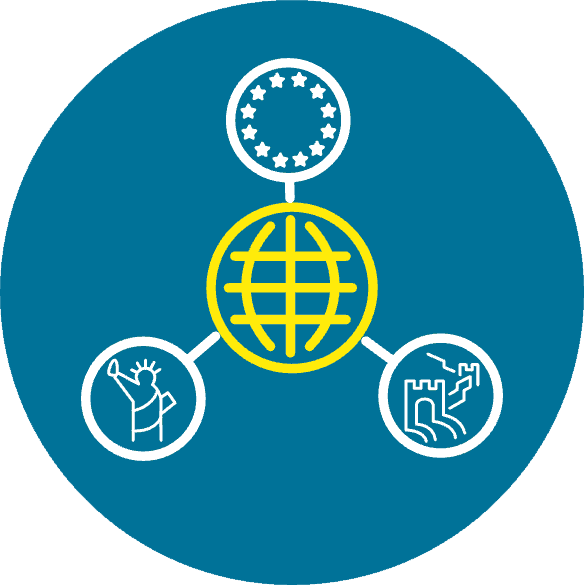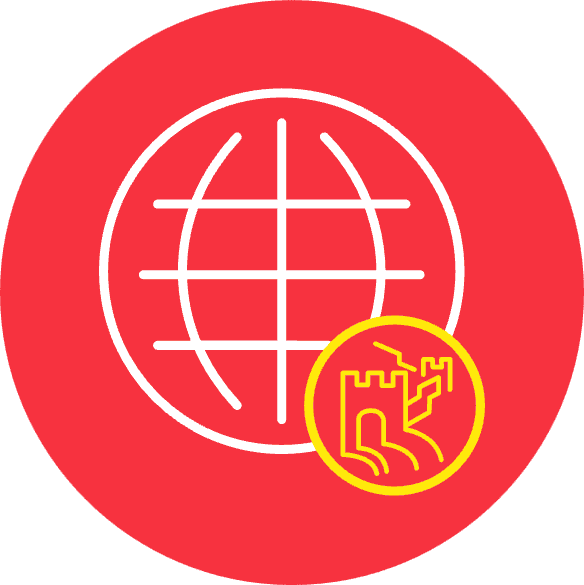China economics
Fathom is a world-leading expert on China in a global context. China matters for both policymakers and investors. From AI to climate and from demographics to debt, the biggest questions facing the world are all playing out there.
After decades of phenomenal growth, China is:
- The world’s second largest economy, in US dollars
- The world’s largest emitter by volume of greenhouse gases
- The most common trading partner for the most countries
- The world’s largest official creditor
With its autocratic government structure, its quest for global influence and its comparative opacity to Western economies, China’s rise is the geopolitical event of this generation. US-China relations are frosty as the world’s two superpowers struggle for ‘durable co-existence’ while competing economically.
At Fathom we offer our clients unique insight into China, beyond the official statistics. For more information about our services or to discuss your needs and how we can help, get in touch with Joanna Davies, Head of China Economics and Government Services.
Geoeconomic implications of a fractured global economy
What are the risks, and where are the opportunities?
Fathom’s report considers the implications of a divided global economy, looking particularly at global trade. We assess how exporters are likely to align in a fractured world, and analyse where supply vulnerabilities could arise, how they could be countered and at what cost.
Our services
Bepoke consultancy
Much of our work is bespoke consultancy, answering specific queries for clients in government and financial management. That invariably requires designing new approaches and creating unique datasets to address complex problems, casting light on otherwise shadowy areas of China’s economy.
We scrutinise the existing data, and where it is lacking, we either improve it or create a new dataset entirely. Our findings are then summarised in plain, jargon-free English and delivered in a format that works best for you, whether that be a dashboard, presentation or written report.
Data, models, tools
Unexamined data are not worth looking at – especially when it comes to China, where official data is often a less than useful guide to the true state of affairs. Fathom’s data, models and tools are the result of decades of dedicated research and consultancy work by our team of experts. These can be tailored and applied to your questions as part of our bespoke consultancy offering, but recognising that sometimes you need instant insight, direct access to our proprietary data, models and tools is also available upon request.

Capital Flows Tracker

Centrality Tracker

Engagement Scores

Geopolitical Alignment Tracker

RiCArdo

Fathom’s China model

Fathom’s interactive table-top exercises
Global Outlook
The China-focused section of our quarterly Global Outlook is informed by our extensive suite of proprietary datasets, models and tools. We deliver these unique insights through our quarterly presentations and written research pieces, examples of which are available below. Subscribers to this service also receive invitations to roundtables and events, hosted by Fathom.
Case studies
Insights
Listen to our podcast
Fathom: In Conversation is our economics podcast.
Fathom’s ten-part podcast series, The rise of China, is essential listening for anyone who wants to understand more about the Middle Kingdom. Each short episode features conversations with Fathom’s economists who share unique insights from their research to tell a well-rounded story of China’s past, present and potential future.
Get in touch
For more information about our China economics services or to discuss your needs and how we can help, please fill out the form below.


